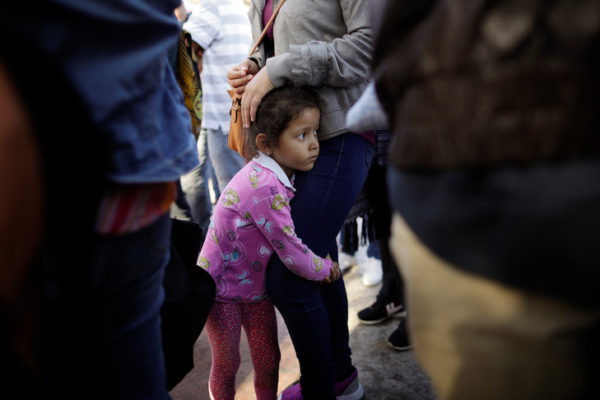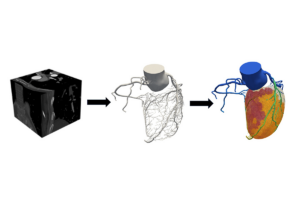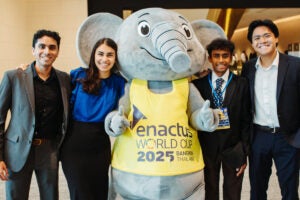The night vision camera operated remotely by U.S. agents captures the silent drama of a coyote — a smuggler of people — straddling the border wall on a recent spring day, raising a child from the Mexican side. The coyote lowers the small child to the U.S. side slowly with one hand. He stretches his arm to reduce the child’s fall. The child lands and remains still face down, probably stunned, then stands unsteadily like any toddler.
The man carefully drops another child, larger and presumably older, who lands feet first and falls to a sitting position. The coyote drops a small package containing their passports and a cellphone near the children and flees into the Mexican night with another man. The younger child bends over slightly to help the older child.
What must they have said? What fear and confusion must these two children have felt from the moment they left their family’s embrace to landing in the New Mexico desert?
Rescued by border patrol agents, the toddlers, sisters, ages 3 and 5, were uninjured and taken to safety by U.S. Border Patrol. The girls’ parents had left their daughters in a remote, mountainous town in Ecuador with maternal grandparents. Their parents, now in the U.S., paid the coyote to bring the girls. They are now reunited with their parents. In 58 wordless seconds, we saw just two of the thousands of unaccompanied children arriving at our southern border.
Government officials, television “talking heads” and countless other critics have decried the brazen, cold-hearted act of those smugglers and questioned the parents’ judgment.
Not me. The coyotes had done their job: Bring two sisters to the safety of our great nation, just as their parents had purchased.
I may never know the girls’ parents. But I don’t blame them. What conditions would drive parents to such desperation, giving their children to strangers to carry them 2,980 miles to New Mexico? What must their anguish be not knowing their children’s fate?
More than once during the past 100 years we have seen parents make Solomon-like decisions, just as the little girls’ parents did to save them. Jewish parents in Nazi Europe put their children on trains or handed them to underground operatives, out of harm’s way. Cuban parents in 1960 placed more than 14,000 of their children aboard “Peter Pan” flights to Miami. Vietnamese parents herded their children onto American helicopters, planes and boats as Saigon fell in 1975. All of these parents knew that they might never see their children again.
What we saw that night on television was not new. Unaccompanied children have been crossing our border for decades, just not in the numbers we see today. Our government has had ample time to prepare with humane approaches and using the best practices of the child welfare system, which is predicated on the standard of serving the best interest of the child.
We must do a better job of explaining the factors that drive parents and children to take enormous risks. Vice President Kamala Harris is tasked to engage Central American countries to address the root causes of migration. It’s a start. But it’s not a time for politics and empty diplomacy. Humanitarian action is needed.
The U.S. can quickly mobilize a humane system of care that begins at the border and safely brings children to the arms of loved ones here. Reception centers don’t have to be tent cities. They can be sophisticated places that conduct pediatric, dental, educational and psychological evaluations and treatments, and provide clean clothes, nutritious food, warm shelter and small communal arrangements.
Sibling groups must never be separated, even when those older than 19 are considered adults. Like any logistical system, it involves a pipeline. Processing centers are just the entry point for unaccompanied children. Each step of the way to their destination cities requires the same level of tender loving care.
We don’t want to see toddlers dropped on our soil by coyotes or imagine parents desperately putting their children at such risk. But if coyotes can bring two toddlers uninjured a vast distance, we surely can take care of the children once they are here. We have the know-how. All we need is the will.
Luis H. Zayas is the dean of the Steve Hicks School of Social Work at The University of Texas at Austin.
A version of this op-ed appeared in the Houston Chronicle, San Antonio Express News and the Austin American-Statesman.




